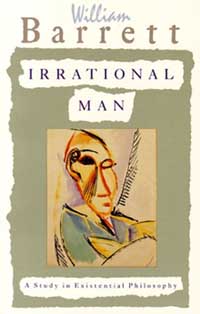Since my last entry in this series was a bit light, here are four articles for this month. Two are from The Economist, with one of them on how physics might help answer an age-old philosophical question and the other on how appearances count for more than we think. Of the remaining two, one is from CNN on a novel use for the laser technology originally conceived for the Star Wars anti-missile program and the last one is from the BBC on yet another piece of news “proving” that playing games is good for you.
The philosophy problem to start with. The question is no less than whether or not reality exists when we’re not looking at it, and if it exists, does reality behave in a different way when we’re not looking than when we are? Drawing on the theoretical work of Lucien Hardy who proposed a thought experiment whereby a pair of matter and antimatter particles could meet but do not mutually annihilate themselves under the condition that the interaction remains unobserved, two independent teams of physicists successfully performed the experiment as described. So it seems that people can indeed tell whether or not someone is honest just by looking at his or her face.
Continue reading Recent Interesting Science Articles (March ’09)
